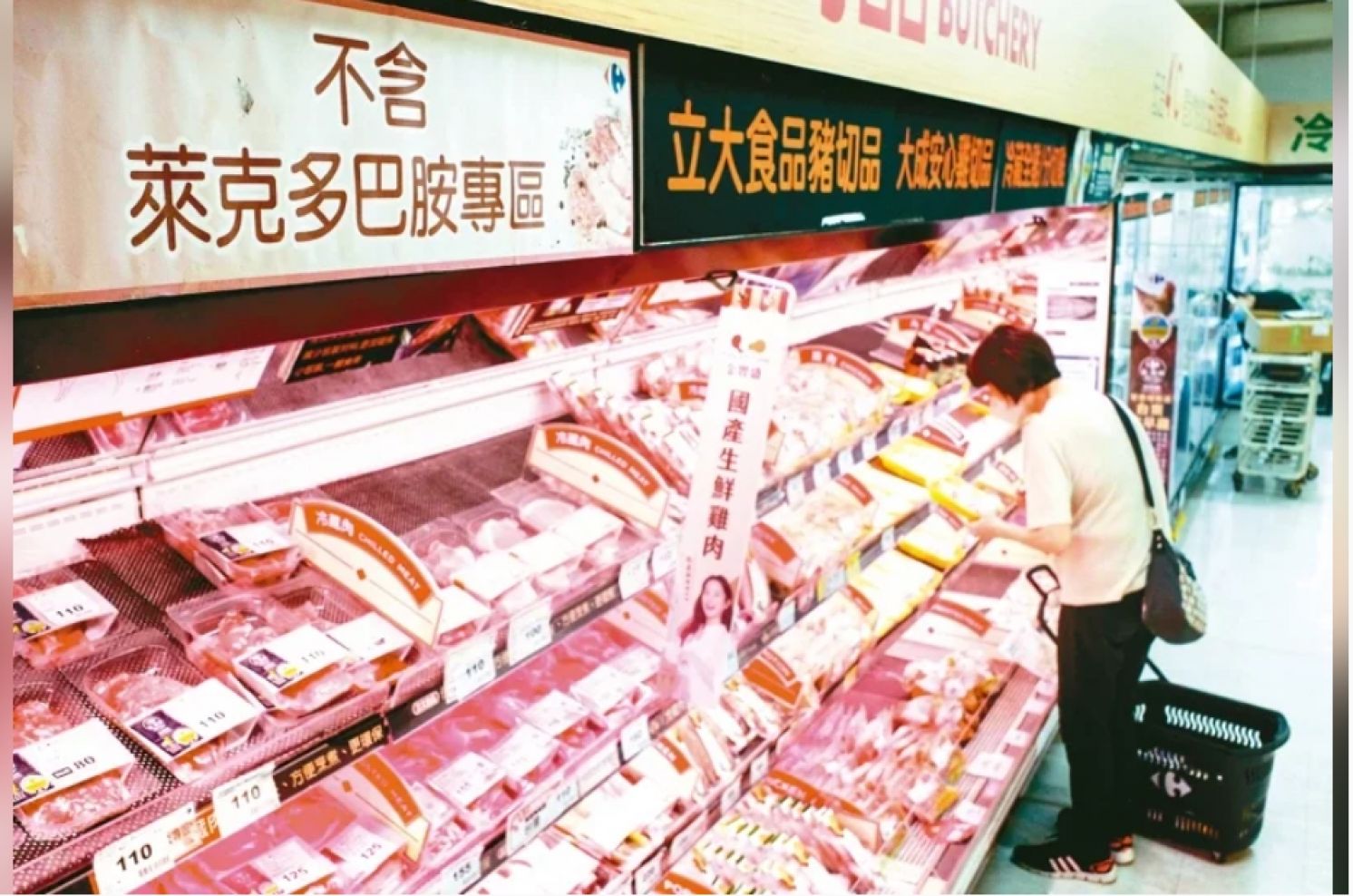
President Tsai's Judicial Reform and Justice All Down the Drain
United Daily News Editorial, May 15, 2022
The Constitutional Court upheld the Executive Yuan’s letter notice nullifying local ordinances passed by various local legislatures mandating zero detection of ractopamine additive in imported pork. Local legislatures and the opposition Kuomintang (KMT) expressed regret that local autonomy and concern for people’s health was stifled by the justices of the Judicial Yuan. However, such an outcome was expected by the public, as the Executive Yuan had already conveyed "political instruction” to the same effect. This is also not the first time that the justices helped the administration of President Tsai Ing-wen overcoming a problem with a procedural or substantive constitutional interpretation. The government's decision is not the first of its kind, but it suggests that President Tsai’s judicial reforms have been rendered moot.
The most anticipated reform of the Tsai administration was of the judiciary, an effort in which she has personally chaired. However, public confidence in judicial credibility remains unimproved. Under the constitutional framework of the five powers, President Tsai may be in control of all five but the executive has guided the judiciary from time to time, the legislative has sought to interfere, and the Control Yuan members stepped in as well. How will justice prevail and reforms be made?
The recent impeachment of prosecutor Chen Long-hsiang in the “hockey case” by Member Kao Yung-cheng of the Control Yuan is a classic case in point. It involves former legislator Duan Yi-Kang, a prominent member of the ruling Democratic Progressive Party’s (DPP) New Trend faction. When Kao launched the impeachment of Chen three years ago for this case, he was criticized for political retaliation. However, even after rebuke from two trial-level courts, Kao pursued a second impeachment despite double jeopardy attaching, drawing much criticism.
It was the same when former Control Yuan member Chen Shih-meng issued a challenge to the heart of the judiciary, threatening to "beat up judges who prosecute the green but not the blue.” Chen resigned amid strong condemnations, but Kao stayed on under the protection of President Tsai and the DPP, a reward for political interference in the judiciary. The DPP wanted to abolish the Control Yuan while in opposition, but now use it for political revenge.
In the face of judicial interference by the Control Yuan, the judicial grassroots are furious, while the senior judiciary remains submissive—breeding overall concern that the judiciary will bend to partisan politics. While the justices have made known their position through a number of technical statements, wouldn’t a junior judge understand? At the same time, political interference comes from within as well as without. If judicial officers brazenly use cases to make political statements for promotion or to safeguard their position, it will permanently damage the reputation of the courts.
It is also striking that the new chief prosecutor, Hsing Tai-chao, simultaneously expressed his support for the impeached prosecutor and raised accusations that there were those who sought to influence the verdict of the second trial of a case involving former President Ma Ying-jeou. However, as the Special Investigation Team closed that case, it was Hsing who led its reopening and prosecution. What’s the difference between this political prosecution and the political impeachment of prosecutor Chen? The High Court said it had in no way responded to Xing's "airy words," but Hsing's words seemed to create a political atmosphere likely to influence the High Court's decision.
It is not difficult to understand that the Control Yuan is hunting the judiciary, but why is the judiciary submitting to its own degradation? In fact, the actions of Kao Yung-cheng who comes from a judicial reform non-governmental organization (NGO) background, reflect only the tip of the iceberg of judicial reform chaos. There is a specific group that has taken advantage of the judicial reform label to take charge of the judicial landscape—creating a "judicial through train" from the grassroots trial judges and prosecutors to the grand justice. As for the judicial reform that President Tsai is spearheading, what can the public expect once they see the technicality-driven excuses of the judges, the roadmap of promotion of political cases, and the cronyism of the judiciary?
Perhaps the public will realize this: President Tsai's judicial reform aimed to change the courts from being run by the KMT in the past to being run by the DPP now and in the future. After the change (to be run by the DPP), the judiciary is in danger of being reduced to a political puppet. But was this the original intention behind President Tsai’s judicial reform banner? Who will satisfy the people's demand for justice?